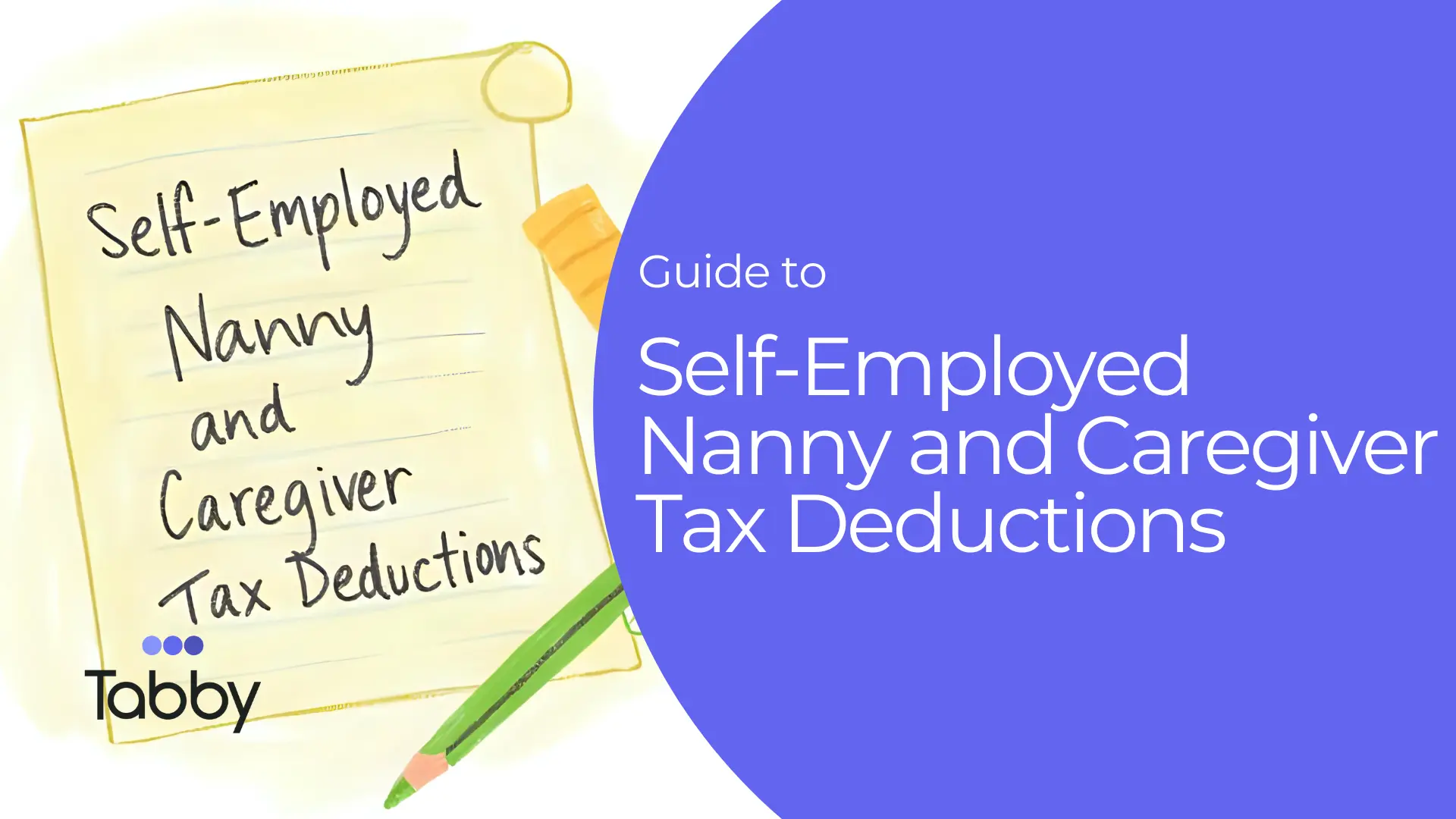Starting a business comes with a million little decisions, doesn’t it?
What to sell. How to market it. Where to set up shop.
But one decision that can seriously shape your business — legally, financially, and even emotionally — is choosing the right business structure.
For most small business owners, it usually comes down to two options:
Sole Proprietorship
Limited Liability Company (LLC)
Both are popular. Both have perks. But they’re not the same.
So let’s break it down in plain language — what each one really means, how they differ, and how to figure out which structure fits your business best.
What is a Sole Proprietorship?
A sole proprietorship is the simplest business structure. It is also the most common type of business structure. It is an unincorporated business owned and operated by one person. There is no legal distinction between the owner and the business, meaning the owner is personally responsible for all debts and liabilities.
Advantages of a Sole Proprietorship:
- Easy and inexpensive to set up – No formal paperwork required beyond local business permits.
- Complete control – The owner makes all business decisions without needing approval from partners or members.
- Simplified taxes – Business income is reported on the owner’s personal tax return. There are no separate business tax filings.
- Less paperwork and regulation – No need for annual reports, business filings, or corporate formalities.
Disadvantages of a Sole Proprietorship:
- Unlimited personal liability – The owner is personally responsible for all debts, lawsuits, and financial obligations.
- Limited access to funding – Banks and investors may be hesitant to lend money to a sole proprietorship.
- Less credibility – Some clients and vendors may view sole proprietorships as less professional than LLCs.
- Difficult to scale – Expanding a sole proprietorship may be challenging since it relies entirely on one person.
What is an LLC?
A Limited Liability Company (LLC) is a hybrid business structure. It combines the simplicity of a sole proprietorship with the liability protection of a corporation. It is legally separate from its owners (members), which means the owner’s personal assets are protected from business debts and lawsuits.
Advantages of an LLC:
- Limited liability protection – Owners’ personal assets (like homes and savings) are generally protected from business debts and legal claims.
- More credibility – An LLC is often viewed as more professional and trustworthy by clients, vendors, and lenders.
- Flexible tax options – LLCs can choose to be taxed as a sole proprietorship, partnership or corporation. It provides them with tax planning opportunities.
- Easier access to funding – More options for bank loans and investment compared to sole proprietorships.
Disadvantages of an LLC:
- Higher setup and maintenance costs – Forming an LLC requires filing fees, annual reports, and possible franchise taxes depending on your state.
- More administrative responsibilities – LLCs must comply with state regulations, including record-keeping and operational formalities.
- Self-employment taxes – In many cases, LLC owners must pay self-employment taxes on their share of profits.
Key Differences Between Sole Proprietorships and LLCs
| Feature | Sole Proprietorship | LLC |
| Legal Protection | No liability protection | Limited liability for owners |
| Taxation | Income taxed as personal income | Can choose taxation method |
| Setup Costs | Minimal | State filing fees required |
| Ongoing Requirements | None beyond tax filing | Annual reports & compliance filings |
| Ownership & Control | One owner | Can have multiple members |
| Funding Options | Limited | Better access to loans & investors |
Right Structure for Your Business
Choose a Sole Proprietorship If:
- You’re starting a small, low-risk business (e.g., freelancing, consulting, or an online store).
- You want minimal legal and tax paperwork.
- You prefer full control over business decisions.
- You don’t expect to take on significant debt or liability.
Choose an LLC If:
- You want to protect your personal assets from business risks.
- You plan to expand your business or seek investors.
- You want to establish business credibility.
- You’re concerned about legal risks and potential lawsuits.
Before making a final decision, consider consulting a legal or financial expert to ensure you choose the best structure for your business goals. Choosing between a sole proprietorship and an LLC is one of those decisions that shapes your business’s future.
If simplicity and control are your priorities, a sole proprietorship keeps things light and easy.
If protection and long-term growth matter more, go for the LLC.
And remember — you don’t have to figure it all out alone. Talking with a legal or financial expert can help you make the smartest move for your specific goals.
Want to make bookkeeping tasks easier? Use Tabby.



